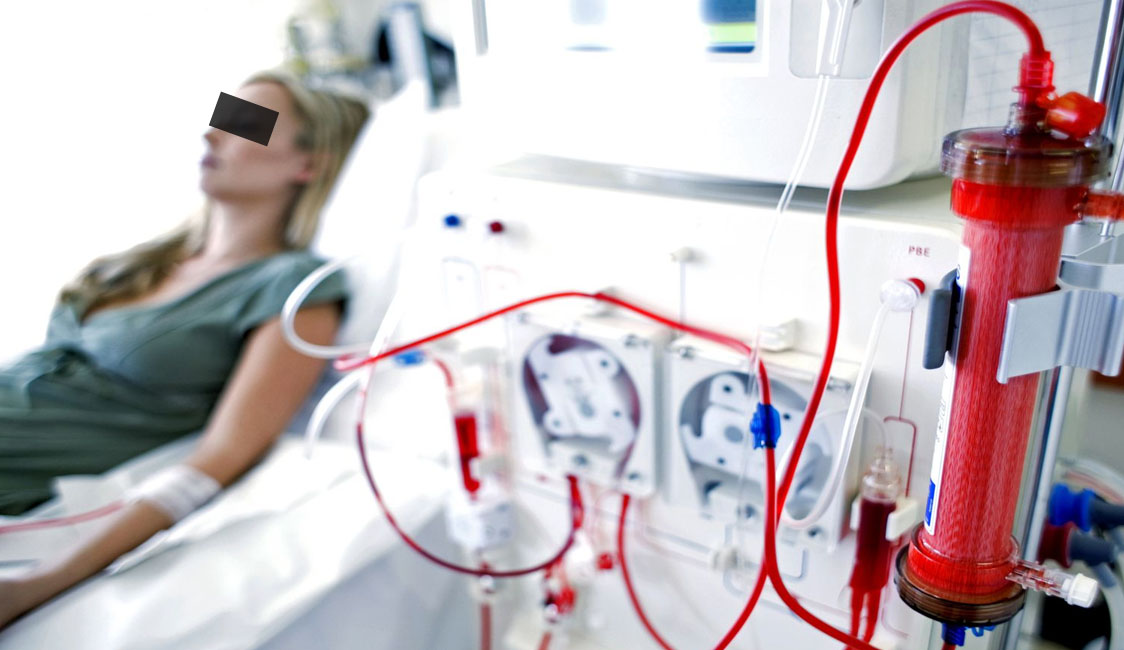- AV Fistula Making
- OPD And IPD Dialysis Services
- Permcath Procedure
- 24*7 Emergency Dialysis Services Available
- Plasmapheresis
- Nephrology OPD
- Kidney Biopsy By Expert Doctor
- Maintenance Hemodialysis
- Full Icu Backup
- In Centre vs Home Nocturnal Hemodialysis(NHD)
- Peritoneal Dialysis
- Kidney & Dialysis
- Sled/Sledd Dialysis

Kidney & Dialysis
People who have kidney failure, or end-stage renal disease (ESRD), may need dialysis. Injuries and conditions like high blood pressure, diabetes and lupus can damage kidneys, leading to kidney disease. Some people develop kidney problems for no known reason. Kidney failure can be a long-term condition, or it can come on suddenly (acute) after a severe illness or injury. This type of kidney failure may go away as you recover. There are five stages of kidney disease. In stage 5 kidney disease, healthcare providers consider you to be in end-stage renal disease (ESRD) or kidney failure. At this point, kidneys are carrying out around 10% to 15% of their normal function. One may need dialysis or a kidney transplant to stay alive. Some people undergo dialysis while waiting for a transplant.
Dialysis is a treatment for people whose kidneys are failing. When you have kidney failure, your kidneys don’t filter blood the way they should. As a result, wastes and toxins build up in your bloodstream. Dialysis does the work of your kidneys, removing waste products and excess fluid from the blood.
